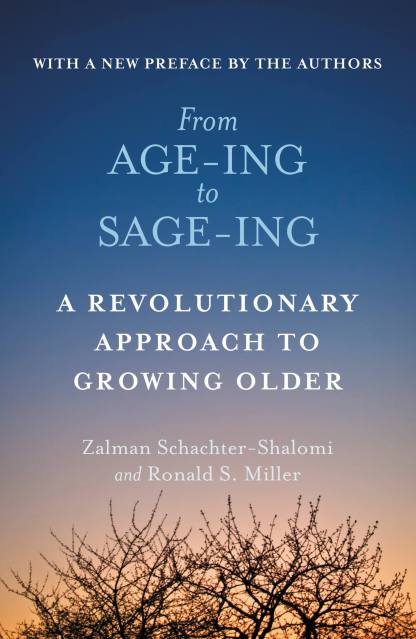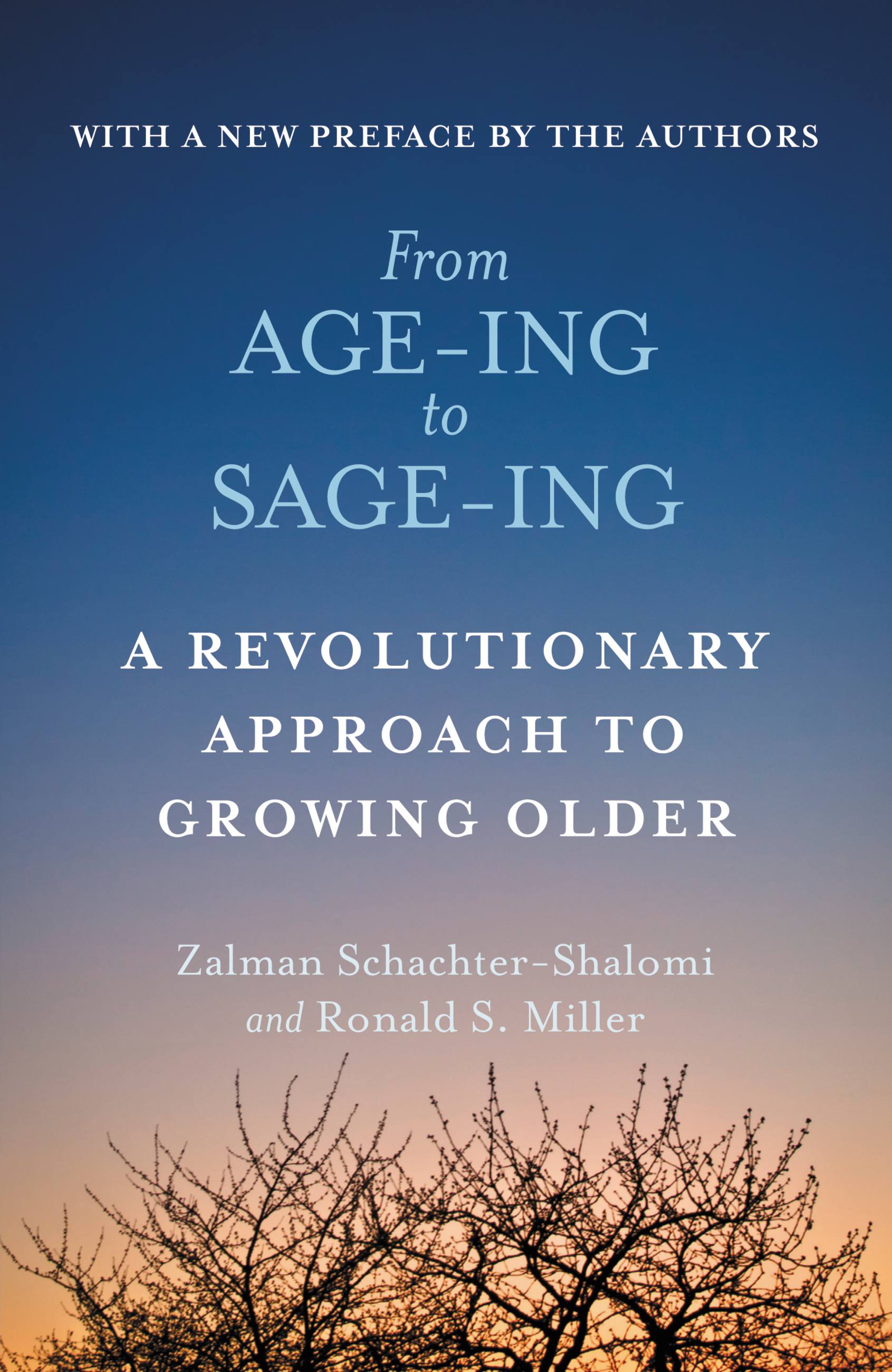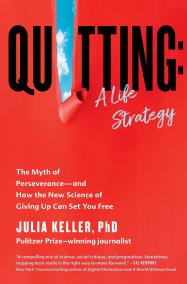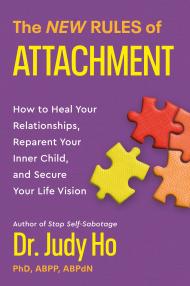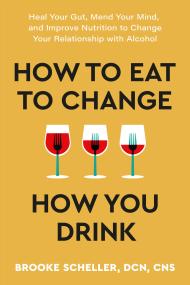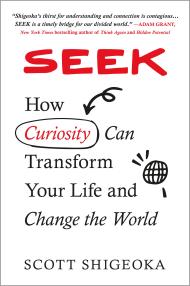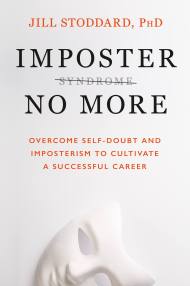Promotion
Use code MOM24 for 20% off site wide + free shipping over $45
From Age-ing to Sage-ing
A Revolutionary Approach to Growing Older
Contributors
By Ronald S. Miller
Formats and Prices
Price
$10.99Price
$13.99 CADFormat
Format:
- ebook $10.99 $13.99 CAD
- Trade Paperback $18.99 $24.99 CAD
This item is a preorder. Your payment method will be charged immediately, and the product is expected to ship on or around December 14, 2008. This date is subject to change due to shipping delays beyond our control.
Also available from:
Over two decades ago, beloved and respected rabbi Zalman Schachter-Shalomi felt an uneasiness. He was growing older, and fears about death and infirmity were haunting him. So he decided to embark on mission to get to the bottom of his fears. Through a series of events that included a vision quest in a secluded cabin and studying with Sufi masters, Buddhist teachers and Native-American shamans, Reb Zalman found a way to turn aging into the most meangful and joyous time in his life.
In this inspiring and informative guide, Reb Zalman shares his wisdom and experience with readers. He shows readers how to create an aging process for themselves that is full of adventure, passion, mystery, and fulfillment, rather than anxiety. Using scientific research–both neurological and psychological– Reb Zalman offers techniques that will expand horizons beyond the narrow view of “the present” into a grand and enduring eternity. By harnessing the power of the spirit, as well as explaining exactly how to become a sage in their own community, he gives readers a helpful and moving way to use their own experiences to nurture, heal, and perhaps even save a younger generation from the prison of how we typically regard aging.
In this updated version of his popular book, Reb Zalman has added a brand new introductory chapter that provides insight into the shifts that have taken place in our culture since the first edition of this book came out in the 1990s. He speaks about the role the 78 million (now aging) Baby Boomers are currently playing in how we think about aging. Additionally he provides new inspiring ideas about the importance of an elder’s role in shaping society, and explains how elders can embrace the power they have to provide value and wisdom to those around them.
In this inspiring and informative guide, Reb Zalman shares his wisdom and experience with readers. He shows readers how to create an aging process for themselves that is full of adventure, passion, mystery, and fulfillment, rather than anxiety. Using scientific research–both neurological and psychological– Reb Zalman offers techniques that will expand horizons beyond the narrow view of “the present” into a grand and enduring eternity. By harnessing the power of the spirit, as well as explaining exactly how to become a sage in their own community, he gives readers a helpful and moving way to use their own experiences to nurture, heal, and perhaps even save a younger generation from the prison of how we typically regard aging.
In this updated version of his popular book, Reb Zalman has added a brand new introductory chapter that provides insight into the shifts that have taken place in our culture since the first edition of this book came out in the 1990s. He speaks about the role the 78 million (now aging) Baby Boomers are currently playing in how we think about aging. Additionally he provides new inspiring ideas about the importance of an elder’s role in shaping society, and explains how elders can embrace the power they have to provide value and wisdom to those around them.
Genre:
- On Sale
- Dec 14, 2008
- Page Count
- 304 pages
- Publisher
- Balance
- ISBN-13
- 9780446553735
Newsletter Signup
By clicking ‘Sign Up,’ I acknowledge that I have read and agree to Hachette Book Group’s Privacy Policy and Terms of Use
